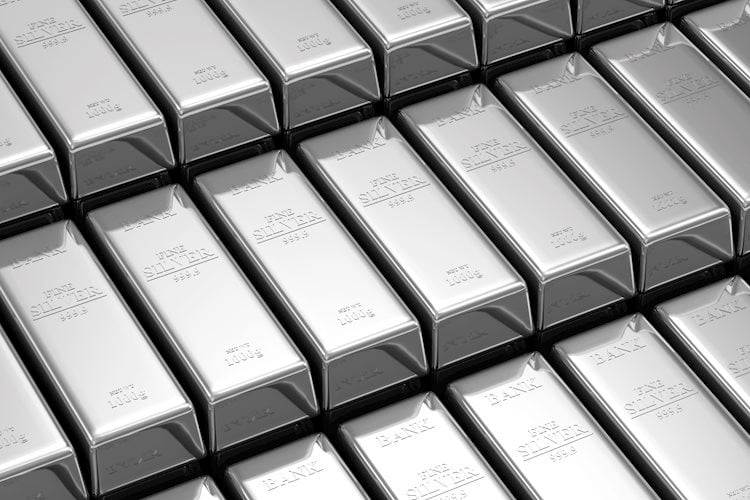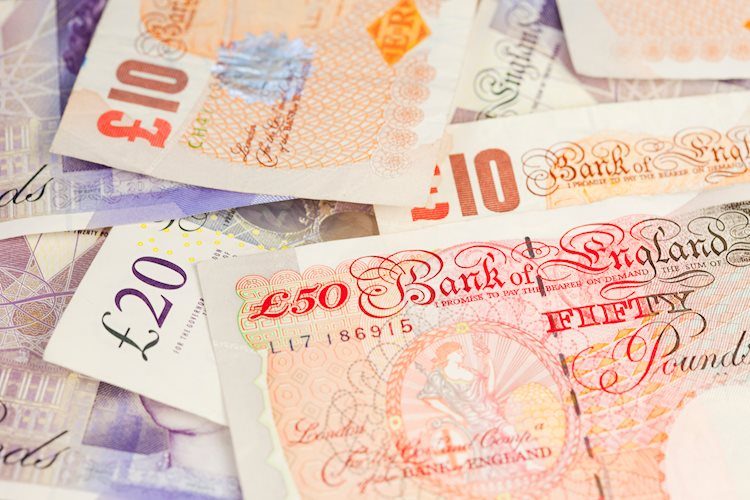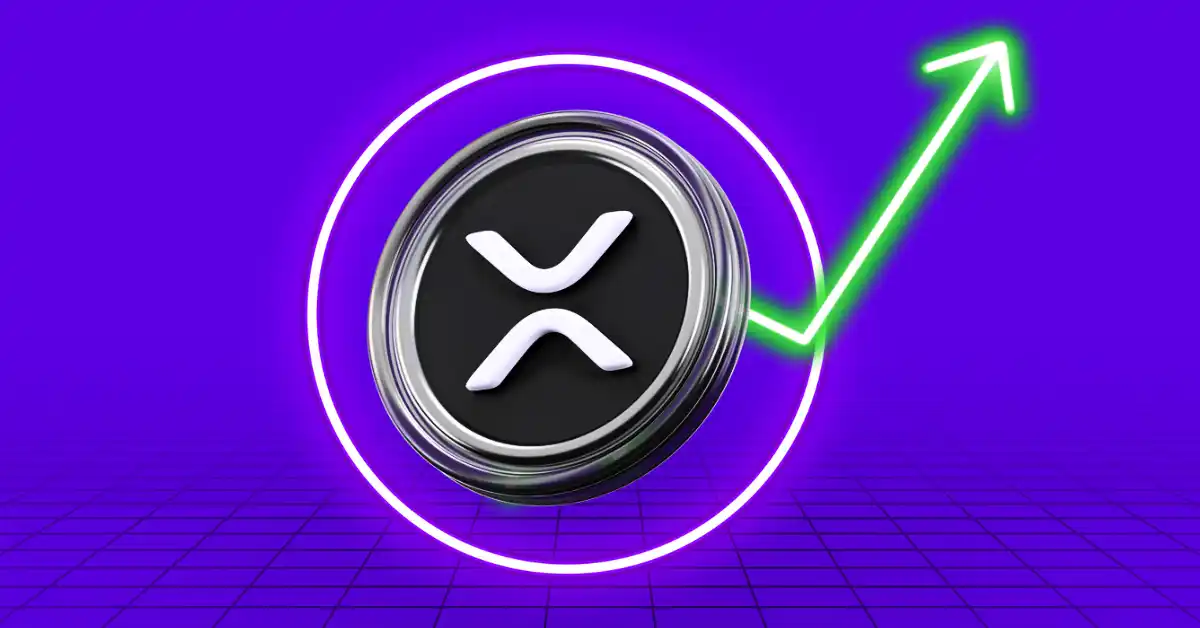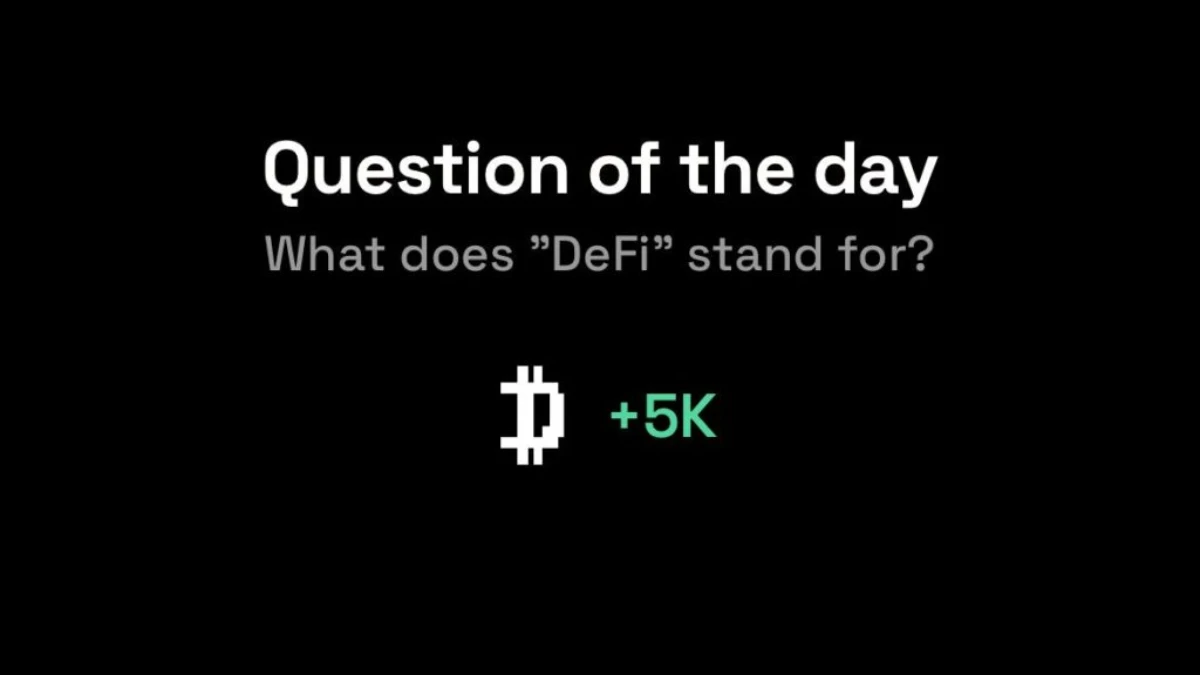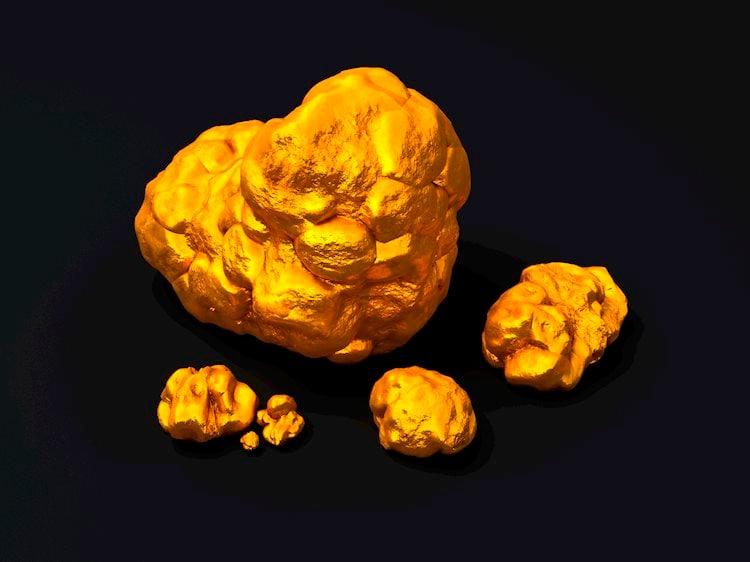Category: Forex News, News
XAG/USD falls to three-month lows near $29.50
- Silver price reached a three-month low at $29.26 on Thursday.
- Non-yielding Silver depreciates as the Fed’s “dot plot,” anticipates only two rate cuts in 2025.
- The BoJ kept the short-term rate target within the range of 0.15%-0.25%.
Silver price (XAG/USD) extends its losing streak for the sixth consecutive session, trading around $29.50 per troy ounce during the Asian hours on Thursday. The price of the grey metal depreciated more than 3% after the release of the Federal Reserve (Fed) interest rate decision on Wednesday.
The Federal Reserve (Fed) delivered a hawkish cut of 25 basis points (bps) at its December meeting, bringing its benchmark lending rate to a range of 4.25%-4.50%, a two-year low. Additionally, during the Press Conference, Fed Chair Jerome Powell made clear that the Fed will be cautious about further cuts as inflation remains stubbornly above the central bank’s 2% target.
The Summary of Economic Projections, often referred to as the “dot plot,” now anticipates only two rate cuts in 2025, a decrease from the four projected in September. This adjustment may be due to robust GDP growth and persistent inflation in the United States (US). Prolonged higher interest rates tend to negatively impact the demand for non-yielding assets like Silver.
Traders will likely observe the US weekly Initial Jobless Claims, Existing Home Sales, and final reading of Gross Domestic Product Annualized for the third quarter (Q3) due on Thursday. These data points could further shape the Fed’s monetary policy expectations.
Moreover, the Bank of Japan maintained its policy rate for the third consecutive meeting, keeping the short-term rate target within the range of 0.15%-0.25% after its two-day monetary policy review, in line with market expectations. Traders expect the Bank of England (BoE) to keep interest rates unchanged later in the day.
Additionally, the industrial outlook for Silver appears constrained due to overcapacity in China’s solar panel industry, prompting photovoltaic companies to join a government self-discipline program to regulate supply.
Silver FAQs
Silver is a precious metal highly traded among investors. It has been historically used as a store of value and a medium of exchange. Although less popular than Gold, traders may turn to Silver to diversify their investment portfolio, for its intrinsic value or as a potential hedge during high-inflation periods. Investors can buy physical Silver, in coins or in bars, or trade it through vehicles such as Exchange Traded Funds, which track its price on international markets.
Silver prices can move due to a wide range of factors. Geopolitical instability or fears of a deep recession can make Silver price escalate due to its safe-haven status, although to a lesser extent than Gold’s. As a yieldless asset, Silver tends to rise with lower interest rates. Its moves also depend on how the US Dollar (USD) behaves as the asset is priced in dollars (XAG/USD). A strong Dollar tends to keep the price of Silver at bay, whereas a weaker Dollar is likely to propel prices up. Other factors such as investment demand, mining supply – Silver is much more abundant than Gold – and recycling rates can also affect prices.
Silver is widely used in industry, particularly in sectors such as electronics or solar energy, as it has one of the highest electric conductivity of all metals – more than Copper and Gold. A surge in demand can increase prices, while a decline tends to lower them. Dynamics in the US, Chinese and Indian economies can also contribute to price swings: for the US and particularly China, their big industrial sectors use Silver in various processes; in India, consumers’ demand for the precious metal for jewellery also plays a key role in setting prices.
Silver prices tend to follow Gold’s moves. When Gold prices rise, Silver typically follows suit, as their status as safe-haven assets is similar. The Gold/Silver ratio, which shows the number of ounces of Silver needed to equal the value of one ounce of Gold, may help to determine the relative valuation between both metals. Some investors may consider a high ratio as an indicator that Silver is undervalued, or Gold is overvalued. On the contrary, a low ratio might suggest that Gold is undervalued relative to Silver.
Source link
Written by : Editorial team of BIPNs
Main team of content of bipns.com. Any type of content should be approved by us.
Share this article:

